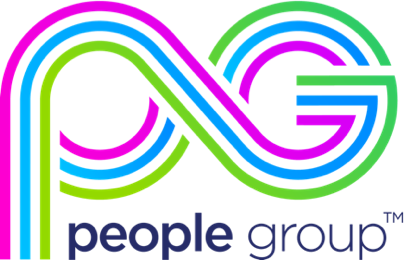
Why expertise beats numbers every time
We work in a huge sector with a lot of niches. To be effective at this job, you need to ‘get’ the niche you work in. For me, that’s the Commercial side of Civil Engineering: quantity surveying and infrastructure roles in that space.
But you have to balance the demands of the job with the demands of your employer. After all, there’s a lot of crossover between recruiters and salespeople. We need to develop relationships with customers; we have to understand our customers’ needs; we use that knowledge to transact business. It’s my responsibility to know when projects are about to happen. Equally, it’s my responsibility to know when they aren’t. A recruitment business with a more corporate, number-driven approach might insist that I make a certain number of calls a week, for example, irrespective of my clients’ situations. It doesn’t matter that I know they’ll be hiring next quarter for a massive project and don’t really want a call right now: for a purely numbers-driven business, the calls are not negotiable.
PeopleGroup has never operated in that way. From the first day I arrived, I’ve been encouraged to look on our clients and candidates as long-term investments. More than anything else, recruitment is a people industry. We build relationships. We need to know when our clients aren’t hiring, and not waste their time pitching them candidates they won’t need. To understand that, we need to be far more than salespeople: we need to know the market, know the projects and share information.
Perhaps the biggest difference, for me, has been the way the senior leaders operate. Nearly all of our leadership team are still active on the recruitment side. They’re on top of the developments in the industry; they still speak regularly and directly to clients and candidates. Team meetings focus on sharing information, discussing trends and live and upcoming projects, and gaining a better understanding of the business. And yes, we need to be active and in contact: we need to be in touch with contacts, make calls and be visible, but not because we’re required to make 100 phone calls every week: we need to do it because it adds to our knowledge, which helps us do our jobs more effectively.
What this all adds up to is the difference between being mentored and being micromanaged. I know some companies call this performance management, and have complicated rules for calculating the time managers spend with their direct reports and how they’re judged on performance. What I’ve found at PeopleGroup is much simpler: our goals are clear and challenging but achievable, and we understand how we all contribute to what the business is trying to do. We have the leeway to use our own initiative. We’re encouraged to understand what clients and candidates need; what the unique demands of each role are. It doesn’t end when we place a candidate: they often need support in the first few months of the role and as it comes to an end. It’s so important to nurture great talent, and it’s always a pleasure to see freelancers coming back to us again and again for three, four or five roles in succession. That only happens if we get the basic stuff right. Are they the right fit, culturally and professionally? How does their experience translate? We can only do this with deep knowledge of the people and projects.
I once heard a data analyst talking about people perform in an office setting. He used the analogy of a garden, and said that the gardener doesn’t blame the seed if it doesn’t grow. It needs the right support, the right environment and conditions to reach its potential. I think of our candidates in that way: we need to give them the right environment to thrive. But at the same time, that’s how I think of our team. The leaders do a lot to give us the right environment. They know what makes the difference. And it’s not hitting two hundred phone calls in a given week, or leaving half a dozen messages for a person that I know isn’t hiring right now. They help us develop through knowledge sharing and collaboration. They give us the conditions to use our own initiative. That’s a massive vote of confidence in the people that work here. I feel like that attitude, that commitment, really shows in the work we do.


